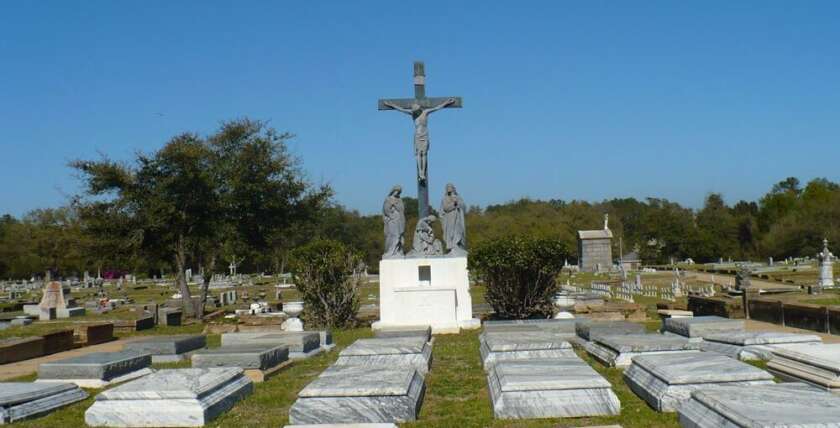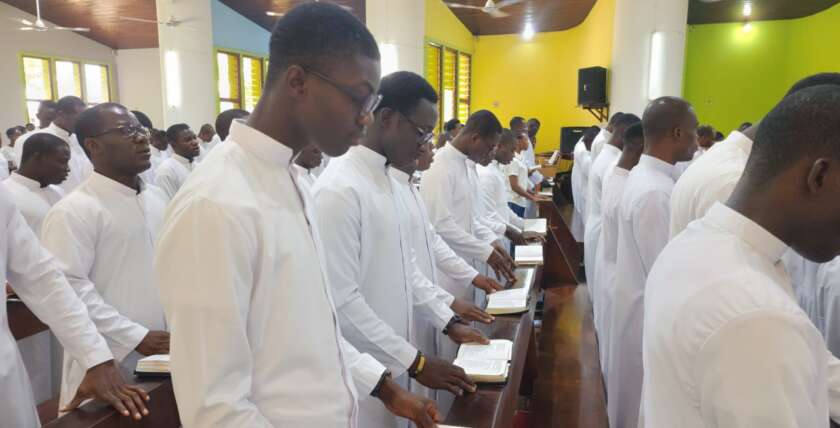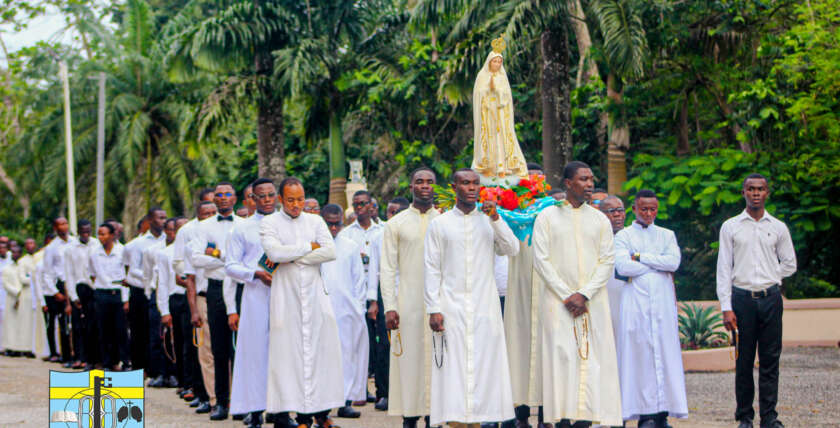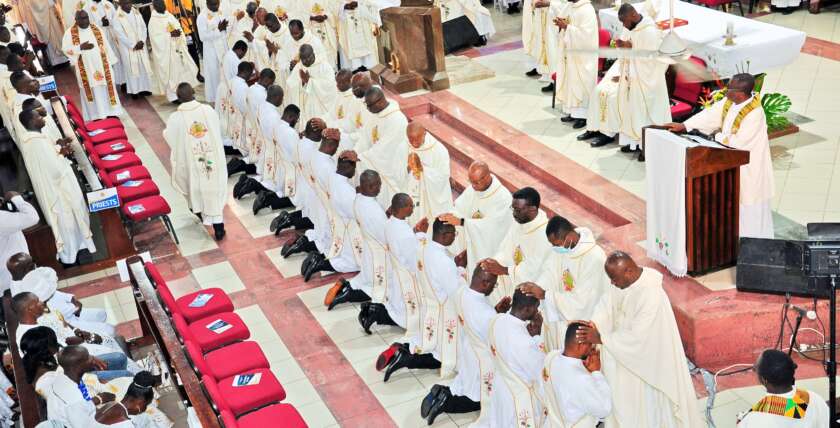Ghana’s economy has always been a subject of debates and discussions among experts and even non-experts over the years. In the last few years, such debates and discussions have become even more heated owing to the country’s distressful economic condition. Beginning from 2017 to the end of 2018, economists and other experts pointed to some indicators, including growth in the Gross Domestic Product (GDP) and stable inflation rate among others to say that Ghana was on the right track to economic recovery, stability, and growth.[1] However, from the end of 2018 to the start of 2019 and beyond, Ghana’s economy began to take a nosedive. This negative turn occasioned by various factors including reckless spending, corruption and poor leadership was compounded by the current Government’s banking sector clean-up exercise which led to the collapse of numerous banks and savings and loans companies resulting in massive job losses and loss of savings and capital by customers, including individuals, companies and corporate organisations.[2] From the first quarter of 2020, the global COVID-19 pandemic struck, leading to the complete shutdown of businesses and further job losses. This pandemic situation has since February 2021 been exacerbated by the ongoing Russia-Ukraine War.
In July 2022, the ruling Government realizing that it could no longer solve the mounting economic crisis facing the country decided to seek refuge at the International Monetary Fund (IMF). In May 2023, Ghana received the first tranche of an IMF bailout package of three million dollars and is currently awaiting the approval of the second tranche of funds to begin the next phase of the programme. Significantly, Ghana has gone to the IMF to seek bailout a whopping 17 times since attaining Independence in 1957, thus averaging an unenviable record of once in every four years. Yet, the country continues to wallow in deep economic mess after all those interventions. I argue that this is a clear indication that going to the IMF is not and cannot be the panacea to Ghana’s economic woes. What we need to do as a country is to fashion out a carefully thought-out home-grown economic development policy or programme that would be owned by all Ghanaians and implemented by all successive Governments irrespective of the political party in power. This will offer the best possible solution to our perennial economic predicament.
Ghana’s Current Economic Crisis: Some Indicators and Challenges
Ghana’s economy today is characterized by underdevelopment, high inflation rate, plummeting local currency, mounting debts and massive taxation, among others. This has led to increasing levels of poverty and unemployment. Among the country’s teeming youthful population, one can talk of unemployed graduates, itinerant head porters (kayayei), street hawkers, etc. Street hawking whereby citizens sell all kinds of wares from water to bread and toothpicks on our roads poses a great danger to the safety of those involved and others besides. Further, the increasing rate of people erecting “stores” and “containers” especially in cities and towns to sell various items, mostly foreign ones, gives a clear indication that Ghana’s economy has fast become one of buying and selling. Yet, no economy in the world develops by buying and selling the wares or products of other countries.
The crisis state of Ghana’s current economy with its attendant challenges of unemployment and poverty has a huge negative impact on citizens, particularly the youth who are embarking on adult life with little enthusiasm and confidence, subsequently looking to the future with a sense of hopelessness. Due to lack of job opportunities, some citizens, but mostly the youth are betting their future away by taking solace in sports and other betting activities while betting companies continue to make profits off them and condemn them to penury, laziness, and idleness. Many indigenes continue to move to the cities and large towns in search of non-existing jobs often ending up as street vendors, prostitutes, armed robbers and house helps while others are migrating to foreign countries sometimes living precariously as economic refugees. The rising phenomenon of Ghanaian teachers, doctors and nurses leaving the shores of Ghana to seek greener pastures elsewhere in Europe and America is also fast becoming the norm rather than the exception.[3]
From the perspective of Catholic social tradition, the Church is concerned with socio-economic and political issues. Inspired by her commitment to the dignity of every person, Catholic social teaching articulates that “economies are to be evaluated according to how well they serve all aspects of the human person who is the source, the center and the purpose of all socio-economic life.”[4] From this background, I argue that there is a clear connection between the reality of migration and poverty, unemployment and the lack of a stable future. I contend that the increasing rate of emigration of Ghanaians to other countries is mostly due to lack of job opportunities which leads many citizens to feel obliged or compelled to leave the country. If people were to have access to jobs and other economic opportunities in Ghana, they would not feel the urge to emigrate. Unemployment, poverty and lack of opportunities also can and indeed often leads people, especially the youth, to engage in criminal activities such as cyber fraud, armed robbery, prostitution, etc. Thus, Ghana’s current economic crisis poses a great risk to our national security and safety. Hence, it is urgent that all citizens regardless of religious, political, ethnic or tribal leanings contribute ideas to help the Government in its quest to resolve the country’s current crisis.
On the Way Forward: Some Recommendations and Proposals
Over the years, successive Governments have tried but often failed in their efforts to manage the country’s economy. Various economic policies and programmes intended to accelerate Ghana’s economic growth and development such as SADA, GYEEDA, NABCO, etc., have largely ended in disaster due to undue political interference, mismanagement and plain corruption. Listening to various experts and scholars on the country’s current economic crisis and the way forward, I am convinced that what we need as a country is a structural transformation that will accelerate the process of producing goods in Ghana and patronage of the same. On this, Prof. Godwin Bokpin argues that we need to prioritize the agricultural sector and promote agro-business and processing. According to him, food is a basic human right and the average Ghanaian spends between 42 to 44 percent of their disposable expenditure on food. Hence, if we address food inflation, we can build up the economy. One way of doing this is to review the Government’s One District, One Factory and Planting for Food and Jobs policies to ensure that they serve their intended purpose.[5]
In addition to the above, the Government also needs to expand the banking sector, promote savings culture among citizens and take another look at the current tax regime and taxation in general. Over-reliance on taxes and revenue operations is hurting businesses and individuals, and ultimately affecting economic growth negatively. Therefore, instead of continuously imposing numerous taxes on citizens, Government should rather focus attention on reducing its expenditure by cutting down on its operational cost, size and wastefulness to make room for the needed savings to grow the economy and lead us gradually out of the current economic mess we find ourselves.
Conclusion
Catholic social tradition advocates that public policies should encourage property ownership and aim at reducing poverty, inequality, and the concentration of wealth in the hands of a few. Going forward, the Government, private sector and all other stakeholders must partner to build and sustain a healthy economy that provides job opportunities at just wages for all who are willing and able to work. This can help us address our country’s economic crisis today and the days ahead.
By: Rev. Fr. Emmanuel Abbey Quaye (PhD., Syst. Theol.)
References
Bailey, J. P. (2010). Rethinking Poverty: Income, Assets, and the Catholic Social Justice Tradition. Notre Dame, IN: University of Notre Dame Press.
Dor, D. (2012). Option for the Poor and for the Earth: Catholic Social Teaching. Maryknoll, New York: Orbis Books.
Ghana Catholic Bishops’ Conference. (2017). Ghana Catholic Bishops Speak, Volume III. Nima, Accra: St. Kizito Press.
Samira Larbie and Muniratu Akweley Issah. Brain Drain: 4000 Nurses Left Ghana Between January and July 2023, accessed online at https://gna.org.gh/2023/07/brain-drain-4000-nurses-left-ghana-between-january-and-july-this-year/ on September 23, 2023.
Notes
[1] Ghana’s economy recovered in 2017 after five years of sluggish growth. Real GDP grew by 8.5 percent in addition to low inflation and interest rates. For more, see Braimah Awanzam and Eline Okudzeto, 2018 African Economic Outlook, accessed online at https://www.afdb.org/fileadm/uploads/afdb/Documents/Generic-Documents/country_notes/Ghana_notes on September 23, 2023.
[2] The banking sector clean-up occurred between August 2017 and January 2020. According to the Government, it cost GHS 11.7 billion as cited in the 2020 Budget. Information accessed online at https://www.ghanaweb.com/GhanaHomePage/business/Banking-sector-clean-up-The-different-costs-revealed-by-government- on September 23, 2023.
[3] Between January and July 2023 alone, it is reported that over 4000 nurses left Ghana for Europe and America. A similar number of teachers also have left. For more, see Samira Larbie and Muniratu Akweley Issah, Brain Drain: 4000 Nurses Left Ghana Between January and July 2023, accessed online at https://gna.org.gh/2023/07/brain-drain-4000-nurses-left-ghana-between-january-and-july-this-year/ on September 23, 2023.
[4] James P. Bailey, Rethinking Poverty (Notre Dame, IN: University of Notre Dame Press, 2010), 41.
[5] Prof. Godwin Bokpin is an economist at University of Ghana. See Daily Graphic, October 10, 2023, pages 1,3.





